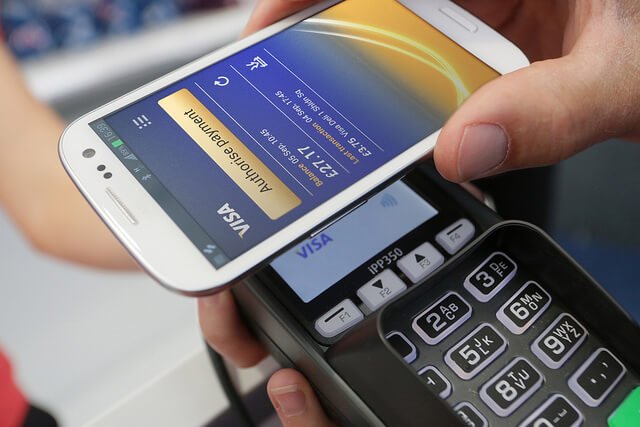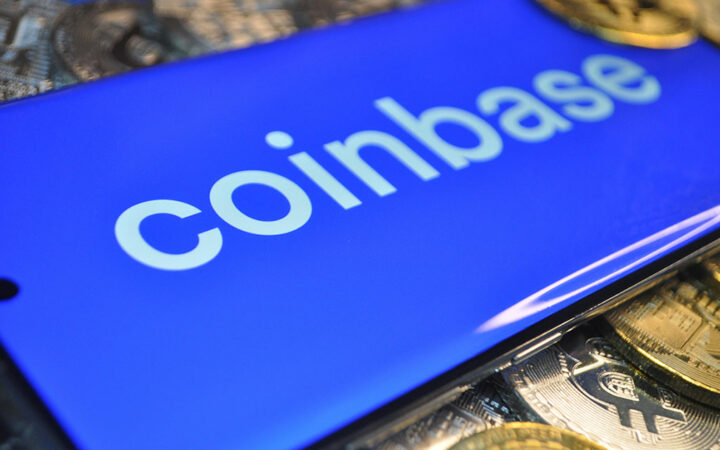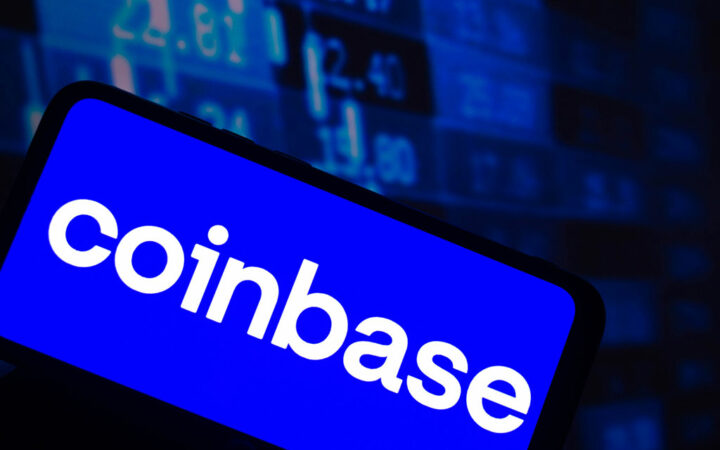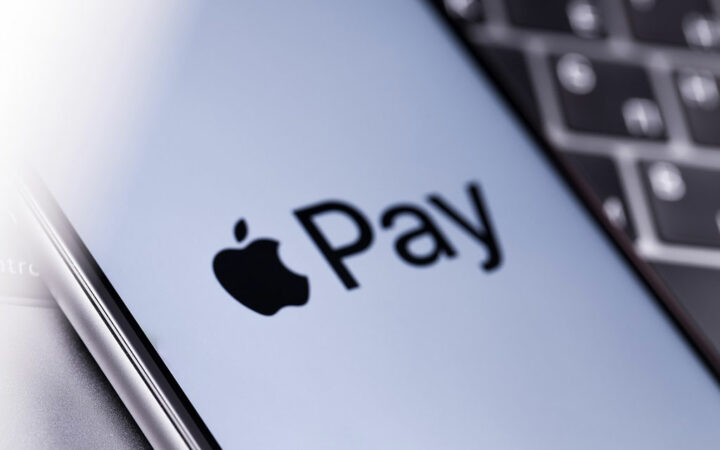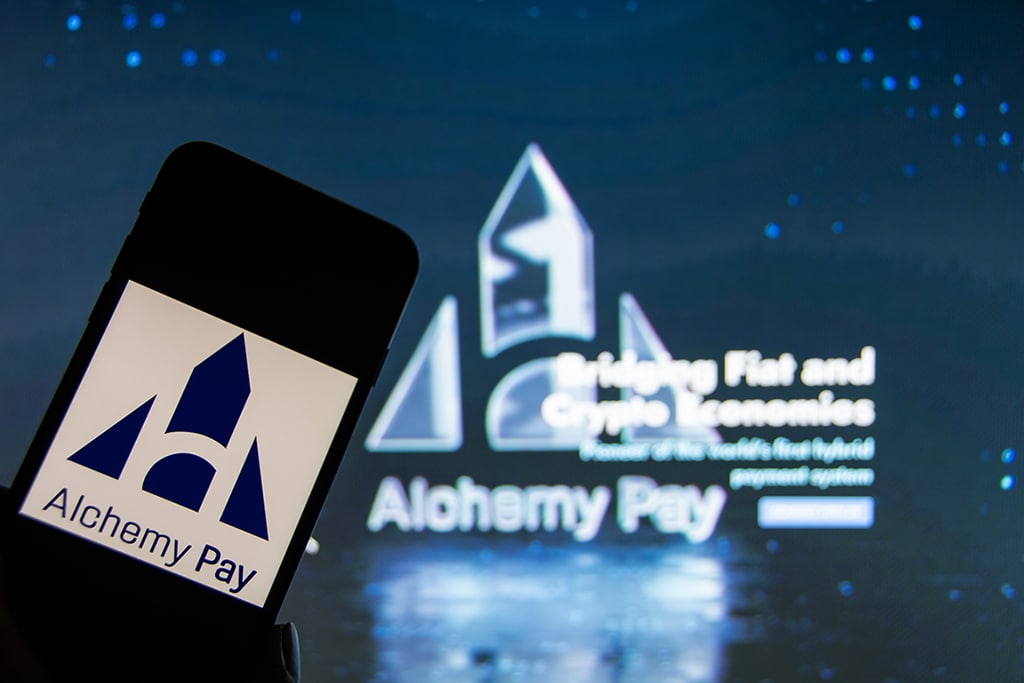Taking strong interest in blockchain, cryptocurrencies, and IoT, Tatsiana Yablonskaya got deep understanding of the emerging techs believing in their potential to drive the future.
Supermarket chain the Co-op that operates more than 4,000 stores in the UK has recently predicted that the next ten years will see the dramatic change in payments sphere. According to the Co-op, customers will switch to contactless transactions on mobile phones instead of using cash.
The Co-op , or the Co-operative Food, is commonly understood as one supermarket business. Indeed, it is a network of supermarkets and convenience stores owned and operated by over 15 independent co-operative societies.
The retailer has conducted a survey and found out that almost two thirds (65%) of all transactions in its supermarkets are paid for with cash. However, this figure doesn’t fully reflect the tendency. Due to the issue and usage of a larger number of bank cards and the launch of such mobile payments as Apple Pay, the number of contactless payments has trebled in a year.
Cheryl Marshall, retail chief information officer at the Co-op Food, says: “We’ve seen incredible growth in contactless and it is the payment medium of tomorrow, although mobiles are ringing the changes. The new technology is perfect for convenience stores as shoppers buy fewer items and speed is important to them.”
The Co-op has analyzed that the average basket spend for contactless in convenience stores is £8.66 while the average spend using chip and pin makes up £18.16. We can observe the same situation with fuel. In general, customers spend £9.38 buying fuel with contactless method compared with £23.28 for a chip and pin purchase.
Marchall explains: “Cash is still king as people enjoy carrying money, however we predict that by 2025 mobile payments will overtake cards and cash.”
Indeed, the Co-op believes that 11m contactless transactions in a month, up 1.4 million (15%) on the previous period, proves that this payment method is becoming more and more popular. It predicts that bank cards and cash are playing out like cheque books and by 2025 approximately 65% of all transactions will be contactless.
Not everyone agrees with such a statement. Millions of people – particularly the middle aged and the elderly – stand by more traditional payment methods. Consultancy firm Future Thinking says that around 31% of shoppers have never used contactless cards as they simply do not trust them
The Royal Mint spoke out in defence of the use of notes and coins: “The demise of cash has been predicted for a long time but it remains the currency option the general public turns to for confidence, convenience and security. Cash is still the most prominent payment method for UK Consumers and global demand for coins is as strong as ever.”
